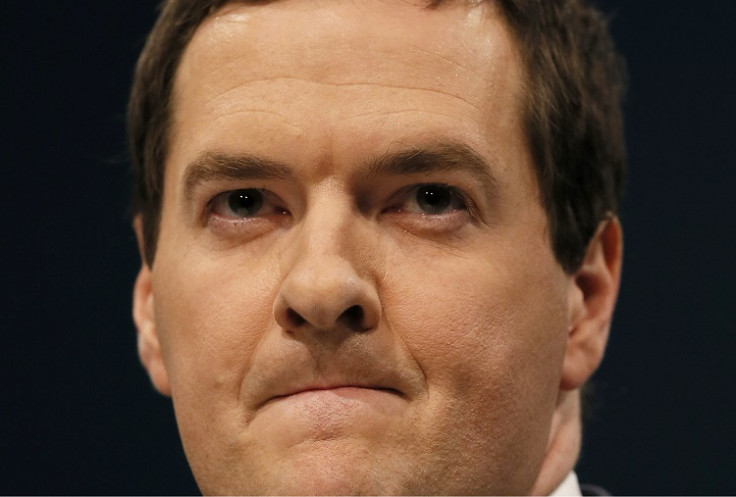Budget 2014: Lawyers Slam UK Bank Levies as 'Fag and Booze Taxes'

Lawyers have slammed British bank levies and foreign property owner taxes and have called for UK Chancellor George Osborne to abandon the "recession mindset" and focus on creating a tax policy for recovery.
According to a range of lawyers at major city firm Berwin Leighton Paisner, anti-banking sentiment has led to stiffer regulation and taxes and is in danger of damaging the industry and the economy over the longer term.
"Stability and predictability are cornerstones of an effective tax system. The banking sector in particular will be hoping for more of this in the Budget after seeing numerous tax changes in recent years, especially as the bank levy rate has more than doubled since it was first introduced in January 2011," said Michael Wistow, Partner and Head of tax.
"Banks have shouldered much of the blame for the global financial crisis and the bank levy is now in danger of becoming the business equivalent of taxes on fags and booze. It's hard to wean a Chancellor off raising vice taxes to boost the public purse and similar considerations are starting to apply to banking.
"Yet, this could prove a dangerous policy. International banks are not bound to the UK and the continued uncertainty and cost of the bank levy will prompt them to consider other locations. As the recovery picks up steam, there will be more business for banks to write. The question is whether they will write it from the UK."
Meanwhile, other lawyers at the firm reiterated why it is important to stimulate investment by both individuals and businesses by relaxing some of the tough rules and tax policies for non-domiciles.
"Businesses are run by people and personal tax plays an important role in retaining the UK's position as an attractive investment location," said Damian Bloom, a partner in the private client team.
"International property investors and non-doms have come under continued assault from the tax system in recent years. Tax policymakers would do well to remember that rules such as the non-doms regime are not a blemish on the tax system, but a feature that has been developed and sustained for fair and justifiable reasons.
"The best thing a Chancellor could do in this Budget would be to recognise this, and either leave the international investors alone, or better still, introduce legislation that actively encourages inward investment."
Foreign Property Owner Taxes
In December, Osborne revealed that foreign property investors would have to pay capital gains tax in a bid to prevent a housing bubble from forming and to rake in lucrative reserves for the Treasury.
During his Autumn Statement, the chancellor said that that capital gains tax (CGT) would be levied on foreign owners at the same rate as for UK residents.
"Britain welcomes investment from overseas but it's not right that those who live here have to pay CGT, but those who are non-residents do not," said Osborne.
"From April 2015, non-UK residents will have to pay CGT on property in Britain, including selling of that property."
People living in Britain pay 18% CGT and 28% if they make a profit when reselling a property that is not classified as their main home.
People who own properties in the UK and are deemed non-residents are currently exempt from CGT.
"The best thing for business would be a boring Budget. After years of populist tax policy driven by political considerations rather than economic rationale, it is time to formulate a tax policy for recovery," said Neal Todd, partner in the tax team.
"The Government needs to stimulate business investment to support the recovery but may have shot itself in the foot with excessive anti-avoidance rhetoric.
"One of the key opportunities for stimulating investment through the tax system is the capital allowances regime, offering tax breaks for companies making major investments, for instance in infrastructure. Ordinarily, an extension to the capital allowances would be one of the key announcements to expect from a Budget for growth."
He added: "However, even businesses making genuine investments, be it in more energy-efficient equipment or a new production line, are now wary of claiming legitimate tax allowances for fear of being tarred with the same brush as excessive tax avoiders. This has to stop."
© Copyright IBTimes 2025. All rights reserved.






















